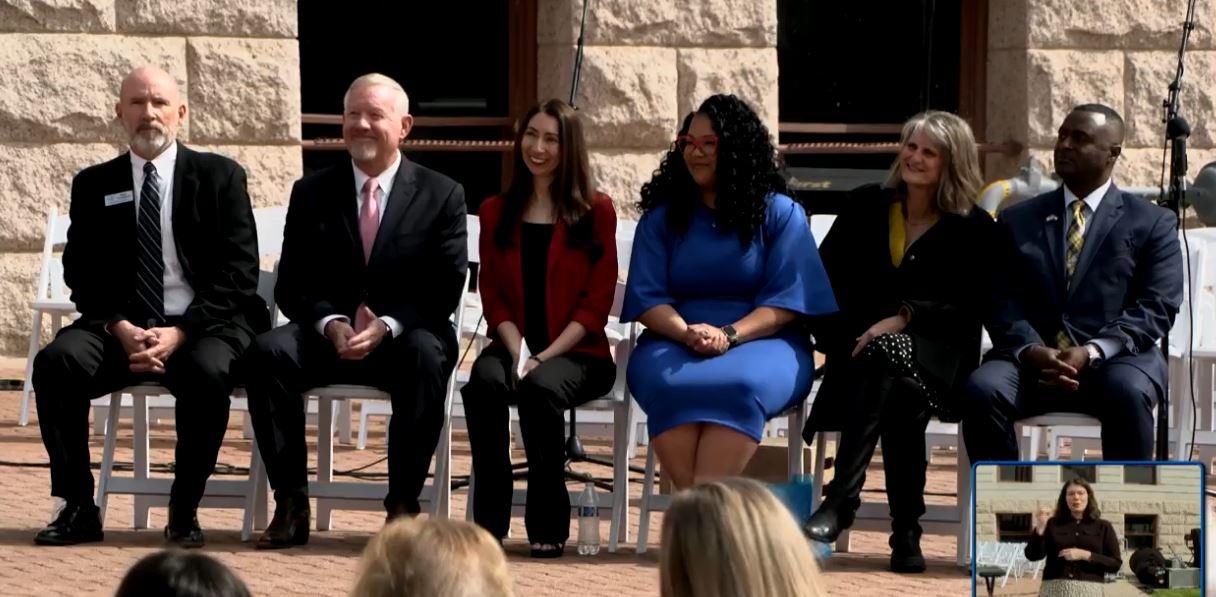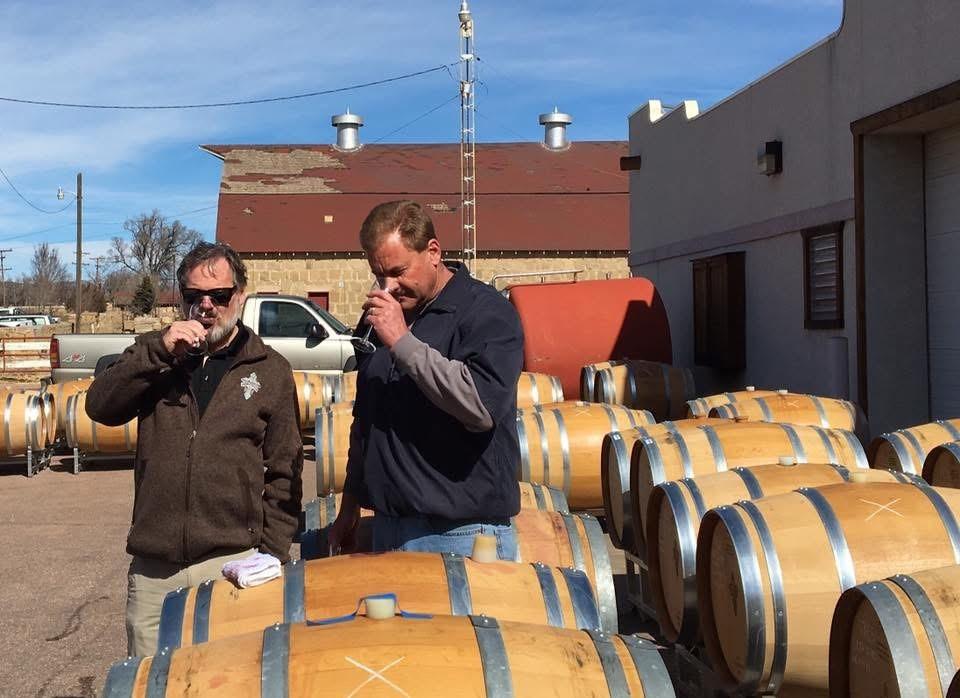

Alamosa County Sheriff Bob Jackson will say that his biggest burden is heroin.
More than 90 percent of the people booked into his county jail here in the San Luis Valley are either addicted to drugs or are in for drug-related charges.
The numbers have reached a crisis proportion, he said.
The jail is overcrowded and unsafe. The skyrocketing number of female inmates means women are stacked sometimes three on top of each other. His nurse often works overtime to administer withdrawal medications.
“Ninety-two percent of the intake are addicted to heroin. There is no rehab at all, in fact I think the only ones we ever get people into are the Salvation Army up in Denver and up in Grand Junction, they have some beds once in a while,” Jackson said. “Yeah, if we had a 100-bed rehab facility here, that would be huge.”
Instead, he’s getting more room at the jail — an expansion he said he desperately needs for safety.
But that doesn’t address the underlying problem, according to Christie Donner, director of the Colorado Criminal Justice Reform Coalition.
“We’re not solving problems and we’re harming people in the process of that,” she said. “And I don’t think people are connecting the dots. I don’t think we’re cruel, I think we’re unconscious.”

There were more than twice as many felony drug court filings in Colorado in 2017 compared to 2012 — and 75 percent of those filings were for simple possession, according to a report published by Donner’s organization.
The number of people sentenced to prison also grew 12 percent in the last year — 9 percent among men and a whopping 29 percent among women.
Those numbers were even bigger in the San Luis Valley where drug felony filings were up 200 percent in five years.
“We want healthier communities, we want solutions to problems, we want help healing,” Donner said. “And we’re getting none of that. This is at a crisis level, both at a local level and at a state level.”
Robert Valuck, a clinical pharmacy professor at the University of Colorado Anschutz medical campus and an opioid expert, said jails have been the default detox centers in the United States — which is rarely effective in keeping people off drugs.
“It’s a huge problem everywhere in terms of criminal justice. There are very few places around the country that have quote figured it out,” Valuck said. “Jails are not the places to be doing this.”

Several people in the Alamosa jail are what Sheriff Jackson called ‘revolving doors’ which means they have come in and out several times. During the jail visit, one woman had been in and out since the mid-1990s.
“She’s a revolving door and she gets off drugs and she gets healthy and we take care of her and she gets dental work done and she’ll tell you, ‘I’m going to go get high when I get out of here,’” he said. “How do you break that cycle? I don’t have a clue.”
More: Another Driver Of Jail Crowding In San Luis? Defendants Who Can’t Make Bail









